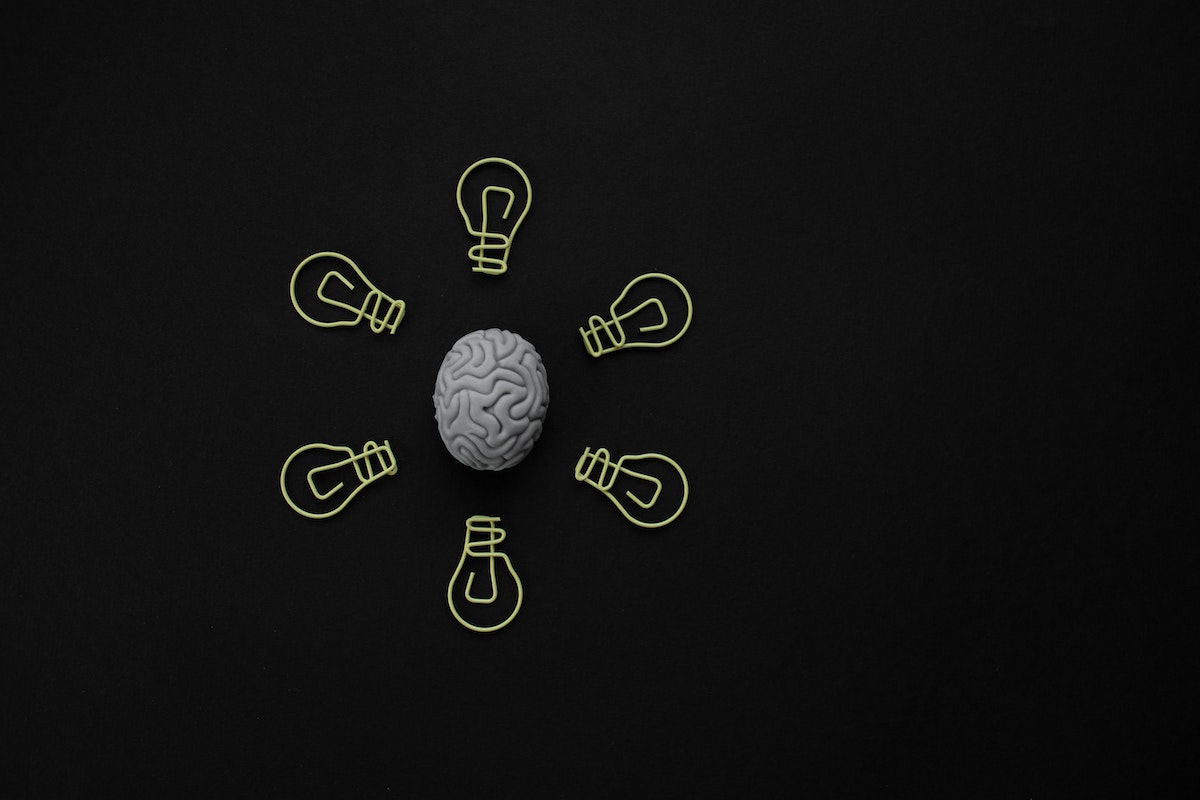The Search for God Page 2.1.2.1
As we briefly learned in the article, “What Do We Know,” the law of identity simply means whatever is, is. If we placed a definition upon this idea, it would be A = A or tree = tree.
Whatever something is, that is what it is. Now, like all these topics, numerous papers and centuries of instruction have been written on this topic. But really, this idea is simple to understand.
Thing – Law Of Identity
Think of yourself. Who are you? How would you define yourself? You might say, “I have brown skin, brown eyes, and black hair. I am kind and smile too much.” On and on we would go, offering more and more refinement to truly define who we are.
We could get to the DNA sequence. We could define height, positioning, and location. Each one of these characteristics would define a specific person. A person becomes a very complex definition, but whatever characteristics define you, that is what you are.
So, if one of your characteristics is black hair and I say the person I am looking for has blonde hair, then that would not be you.
Representational Identity
We understand something physical like a person, but how about an object? In this case, let’s take a simple object, let’s say a door. What is a door? What characteristics does a door possess?
Even by spelling “D-O-O-R,” I am identifying that this word, associated with an object, has not only unique physical properties, something that opens and closes and that separates two different spaces, but also that the word defines these properties so that the very word allows two humans to communicate meaningfully.
I cannot overstate the importance here. The very definition of a word uses the law of identity. I don’t mean to be overly political, but in the current American culture, there are some who want to redefine what a “woman” is.
They want to say that external appearance and “feeling” are essential characteristics of the female sex that can redefine women. Let me ask: does the definition of “woman” include an XX chromosome? This debate is regarding the law of identity.
In a legal contract, two groups will debate the meaning of a single word. The court is there to interpret what “the letter of the law” says that the contract states. These cases represent situations of discrepancy in the law of identity. Who are we? What does this object or word mean?
Idea Identity
So, we have the thing itself that exists in the real world, like a person or a tree. We have the representational identity to allow us to communicate, the word “person” or “tree” or a number: two maple trees, one person, and so on.
Combined we have representational object identity, physical words that represent and limit the real object we are describing. Then we have the idea behind what that thing really is.
We see this with concepts and ideas like numbers, love, justice, and forgiveness. These words represent an idea. Are these ideas the same for every individual?
Things like trees can be looked upon, studied, and defined, as in things of science, but ideas can be challenging where one person’s idea of love does not equal another person’s idea of love.
In these instances, definitions are very, very important. As we go through this search for God, we will have to frequently define our terms and define what we mean when we say God.

However, please understand, once an idea is defined and agreed upon, the law of identity stands. Therefore, if love is defined as “the act of caring for another,” then Love = Love.
If love is defined as “the feeling of passion for another,” then Love = Love. But the “act of caring for another” does not equal “the feeling of passion for another.” So, who defines the ideas such as love and justice?
Challenges In The Law Of Identity
There are two primary challenges when dealing with this law.
Senses
The first is our lack of knowledge in being able to completely know every aspect of a thing. Four hundred years ago, people did not understand genetics and DNA when defining a person or a tree.
We lacked then and still lack ability in our sense perception. Does that mean we cannot use the law of identity?
If I stand at a particular tree and claim that specific tree is itself, so that A = A, and I call that tree a maple tree, then does its identity change when another person comes along and goes, “Ah, but you didn’t know that the genetics of that tree says that it is a Japanese maple tree subtype XYZ”?
Has the identity changed? No, what has changed is my knowledge and understanding. Still A is A. So as our senses improve, we improve the definition of what something is, to allow a more precise definition and identification of a thing.
Therefore, even with limited sense perception, the identity does not change because that thing has always had that identity, even though we did not fully comprehend it.
Our senses are astute enough to allow for meaningful identification and reasoning. If we had perfect senses, we would be all-knowing. Does that sound like a being we are looking for?
Definitions
The second challenge regarding the law of identity is regarding the definitions we place upon things and the challenge of using words to identify ideas. While these two might seem similar, the last concern is in regard to our inferior senses’ ability to identify things.
This issue has to do with our poor ability to actually define what we witness, experience, or know. Words represent ideas and things. How do we define what we witness and experience?

How Does The Law Of Identity Apply To Our Search For God And Our Search For Truth?
Our search for truth is the search for ultimate reality, an understanding of what is really occurring within our universe. To obtain that information, we or some other being must have all-knowledge.
So, when I say I am searching for God, I am first searching for an actual being, someone separate from myself who actually exists. Second, the being I am looking for must possess all knowledge about the universe.
Remember, we are trying to solve a puzzle. The puzzle started with death which is 100% true for human beings, but is there a being that not only exists on the other side of death but has all knowledge of the reality of life and death?
Now, we have embraced the things we know; the first thing we know is the law of identity. The problem here is our lack of knowledge and the inability to sense and completely know the full identity of things and ideas.
The beginning of our definition of God is a being who actually exists and possesses all-knowledge. Does such a being exist? Well, I am not done laying out the puzzle pieces of what we know.
Still, A is A no matter what our senses say.
What Next?
- What is the crucial concept?
- The law of identity, where “whatever is, is” or A is A, stands as 100% truth, no matter our ability to know everything.
- Why is that significant?
- This law is at one time a fundamental building block of logic and, at the same time taunts us for our inability to know the ultimate reality of things or ideas.
References And Links
The Law of Identity, God, and the Immaterial World
For Christians: The Immaterial world, faith, works, and Jesus
LOGIC (The Laws of Thought)
Discovering Identity
- Bible Tools – What the Bible says about Witness.
